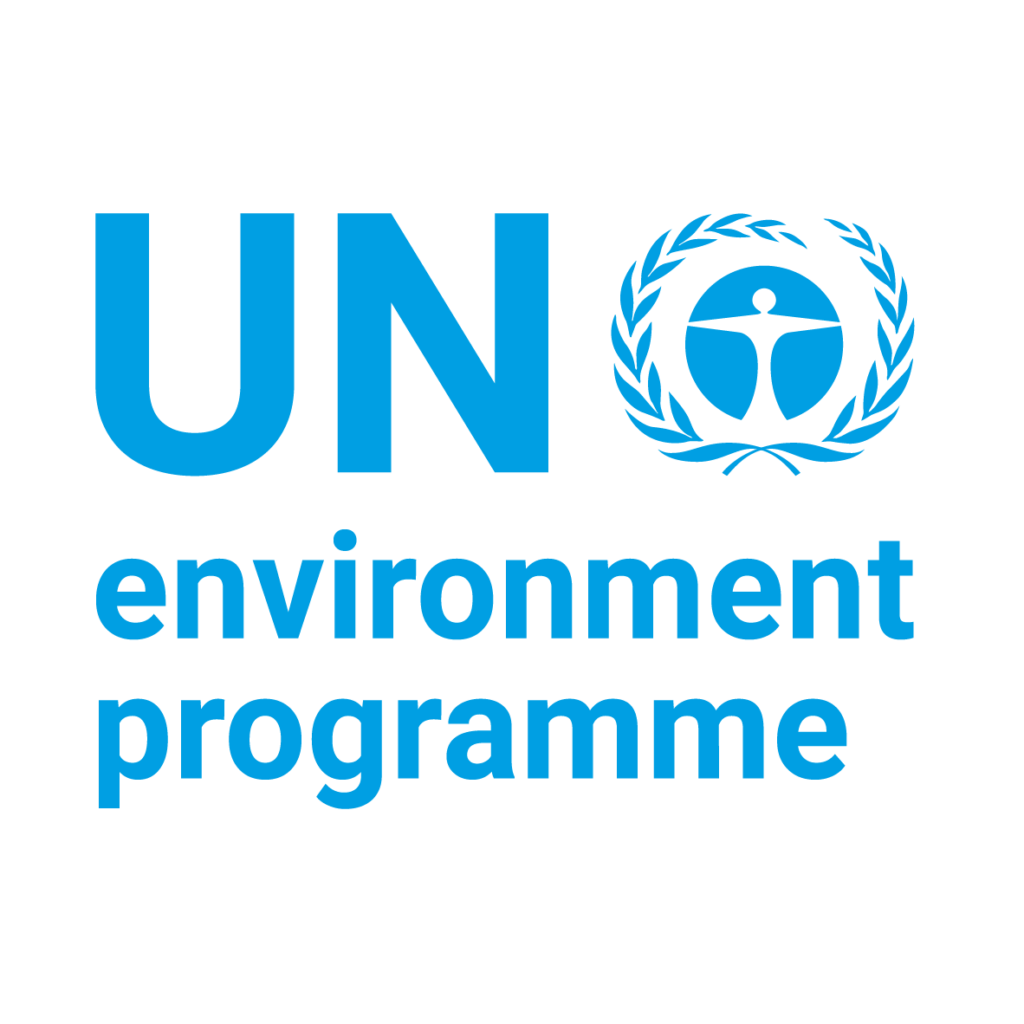 (AGENPARL) - Roma, 22 Febbraio 2024
(AGENPARL) - Roma, 22 Febbraio 2024(AGENPARL) – gio 22 febbraio 2024 [cid:5952a8dc-d7e5-46fb-aec5-e282bb335f5c]
Press Release
Rising usage of used heavy-duty vehicles is a major contributor to escalating pollution levels, prompting calls for more stringent regulations
Nairobi, 22 February 2024 – While heavy-duty vehicle (HDV) exports represent a modest 3.6% of the global automotive trade’s total value, their associated CO2 emissions have surged by over 30% since 2000, with trucks contributing 80% to this increase. Moreover, HDVs participate substantially to environmental pollution, accounting for over 40% of on-road nitrogen oxides (NOx) emissions, over 60% of on-road particulate matter (PM 2.5), and more than 20% of black carbon emissions, as revealed in the latest report by the UN Environment Programme (UNEP).
The report Used Heavy Duty Vehicles and the Environment – A Global Overview of Used Heavy-Duty Vehicles: Flow, Scale and Regulation report, jointly launched by the UNEP and the Climate and Clean Air Coalition (CCAC), provides a first global overview by the UN of the scale and regulation of used HDVs and their contribution to global air pollution, road accidents, fuel consumption and climate emissions. The report recommends ways to reduce the harmful aspects of used HDVs on people’s health and the climate.
According to the study, HDVs are projected to considerably continue to grow with increasing economic activities and the need to move people and goods. This is based on past trends where global sales of trucks and buses doubled in 15 years (2000-2015).
Many developing countries rely on used heavy duty vehicles (HDVs) imports to grow their fleet. While this promotes more affordable means to increasing mobility needs in these countries, the report finds that regulation and enforcement on the quality of used HDVs imported are either low or non-existent. Further amplifying their impacts, especially in the case of old, polluting, and unsafe used HDVs.
To date no country has minimum requirements for exporting used HDVs. The report finds regulations in over half of used HDV importing countries to be ‘weak’ or ‘very weak’ and enforcement to be inadequate. For example, while 25 African countries have adopted standards on used HDVs towards air pollution control, climate mitigation and improved road safety, only four have fully implemented these. Worldwide, only two countries have included used vehicles in their national climate action plans (NDCs).
Rob de Jong, head of UNEP’s Sustainable Mobility Unit, said: “Trucks and buses contribute to economic growth just about anywhere in the world, but ambitious regulations are needed to curb their emissions causing major environment and health impacts. Introduction of cleaner bus technologies can be a major driver for the global revolution to low and, ultimately, zero emissions transport.”
The report emphasizes that it is a shared responsibility of importing and exporting countries to ensure cleaner and safer used vehicles are on the roads of developing countries. It shows the need for regional cooperation for introducing and enforcing minimum standards, such as emission standards and age limits, raising public awareness, and more research, for both environment and road safety benefits. For example, by adopting Euro VI equivalent vehicle emission standards and cleaner fuels, as much as 700 thousand premature deaths can be avoided by 2030.
Currently 97 per cent of all newly registered trucks and 73 per cent of buses in the EU run on diesel. Better regulations on used HDVs can also lead to a leapfrog and greater uptake of advanced technologies in developing countries, including electric buses and trucks.
The report represents a first effort of quantifying and qualifying used heavy-duty vehicle flows, based on export data from Japan, the European Union, and Republic of Korea – altogether representing about 60 per cent of the total new and used HDV export market – to 146 predominantly low- and middle- income countries. The report has limitations, most notably discrepancies in statistics, as well as lacking publicly available data from the USA, which does not separate exports of new and used vehicles, and China, an emerging exporter.
NOTES TO EDITORS
About the UN Environment Programme (UNEP)
UNEP is the leading global voice on the environment. It provides leadership and encourages partnership in caring for the environment by inspiring, informing and enabling nations and peoples to improve their quality of life without compromising that of future generations.

